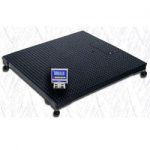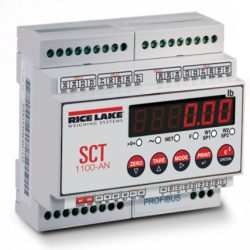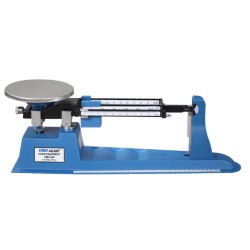This is a fairly popular question. How much does a floor scale cost? Potential customers may swap the phrase pallet scale or platform scales etc… but the question is basically the same.
Floor Scale Prices
Floor Scales are typically designed to weigh a pallet. Therefore, they’re usually in the 3’x3′ to 5’x5′ range. You often see pallet scales near a loading dock or in a warehouse. They’re often used to weigh pallets before and after shipping. The maximum weighing capacities for these warehouse scales is usually around 10,000 pounds.
There are larger floor sales available in all kinds of sizes like 5×7, 4×6 etc… with 20,000 lb capacity for example. But these need to be quoted for current prices. For this article we will mainly focus on the standard 4×4 5000 lb floor scale.
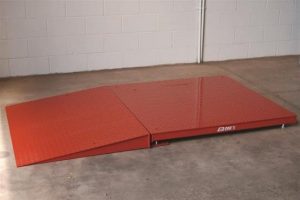
Floor Scale Categories
We like to sort our floor scales into four different categories. The categories are based on quality and many years of selling and working on industrial floor scales.
Industrial Quality
The first category is the top of the line Industrial Floor scale. For example, a B-Tek Clydesdale or Rice Lake Roughdeck would fall into that category. You won’t find a lightweight import floor scale in this category. A 4×4 5000 pound capacity scale in this category is probably going to cost somewhere around $2700 to $3600. These scales are typically built tougher with more steel and a thicker top deck plate. And these high quality 4×4 scales usually weigh anywhere from 30 to 90 pounds more than lesser, often imported, 4×4 floor scales.
The second category is slightly below the top group. These are scales that are a little lighter or not quite as industrial “tough” as the first category. These are still really good scales though. We might place the Digi Summit 3000 in this group along with the Pennsylvania 6600, and the B-Tek 4 Square. A 4×4 5000 pound capacity scale in this group is likely going to be somewhere between $1400 and $2500
Affordable Floor Scales
The third category is the light industrial floor scale. In this group, we would likely include the Inscale 7620 and Weighsouth floor scale, for example. A 4×4 5000 pound capacity scale in this group is likely going be somewhere around $1000 to $1400. These are typically imported scales that are lighter weight but supported by our domestic suppliers. Continue reading

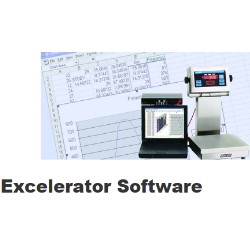
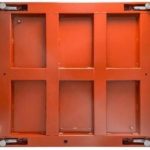
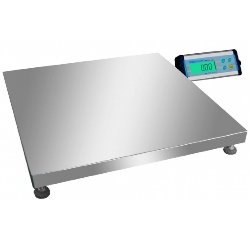
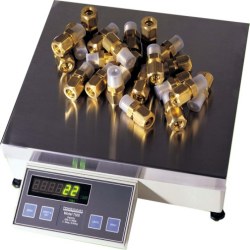
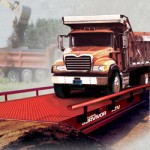
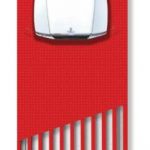
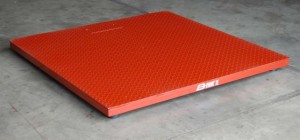 Our
Our 